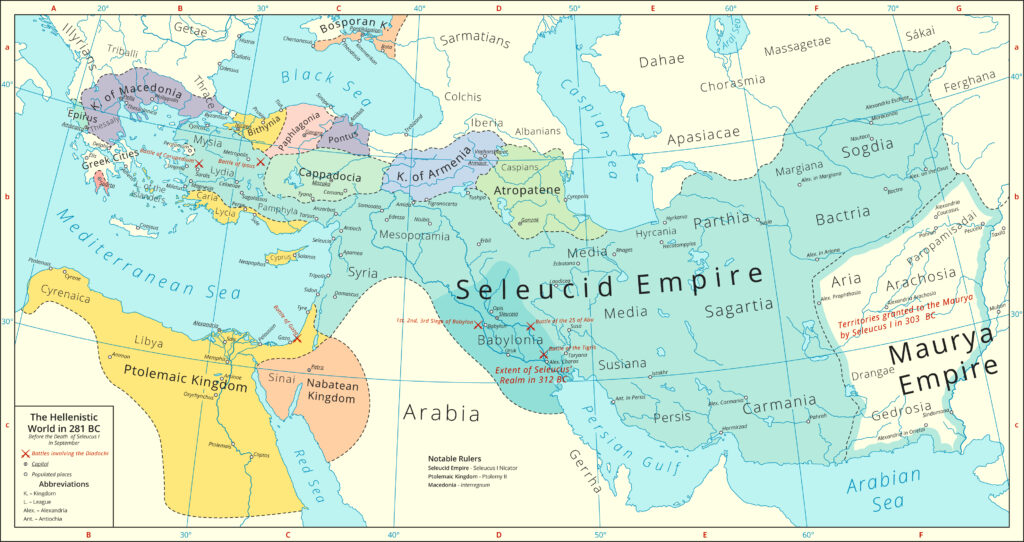In describing the Roman Republic’s ability to absorb large casualties in war unlike its neighbours, the author of Rome and Persia; The Seven Hundred Year Rivalry observes:
Romans were unique in their capacity for absorbing other peoples. Where other city-states were jealous of their citizenship, the Romans granted it in full to many former enemies in Italy and suggested to the rest that there was a pathway from the lesser rights of Latin or merely allied status to the full franchise.
Goldsworthy, A. (2023). “Felix.” Rome and Persia: The Seven Hundred Year Rivalry, Basic Books, p. 35.
Then proceeds to describe the Social War in the next pages, which was fought because the Republic denied the full franchise to the socii (i.e., allies), in other words contradicting the assertion.

Goldsworthy notes that “the modern word ‘hostage’ carries good deal of baggage not implied by its closest Latin and Greek equivalents”1 yet that linguistic circumspection is absent when describing Julius Caesar as a dictator.2 It could be argued that technically Julius Caesar was a dictator for he had been appointed to that office, however, the negative connotations are absent when describing Sulla’s reign even when observing that “he ordered mass executions of captured enemy soldiers and introduced the proscriptions — death lists posted in the Forum.”3
- Goldsworthy, A. (2023). “Eagles and Princes.” Rome and Persia: The Seven Hundred Year Rivalry, Basic Books, p. 145. ↩︎
- Goldsworthy, A. (2023). “Eagles and Princes.” Rome and Persia: The Seven Hundred Year Rivalry, Basic Books, p. 130. ↩︎
- Goldsworthy, A. (2023). “Wars and Rumours of Wars.” Rome and Persia: The Seven Hundred Year Rivalry, Basic Books, p. 64. ↩︎